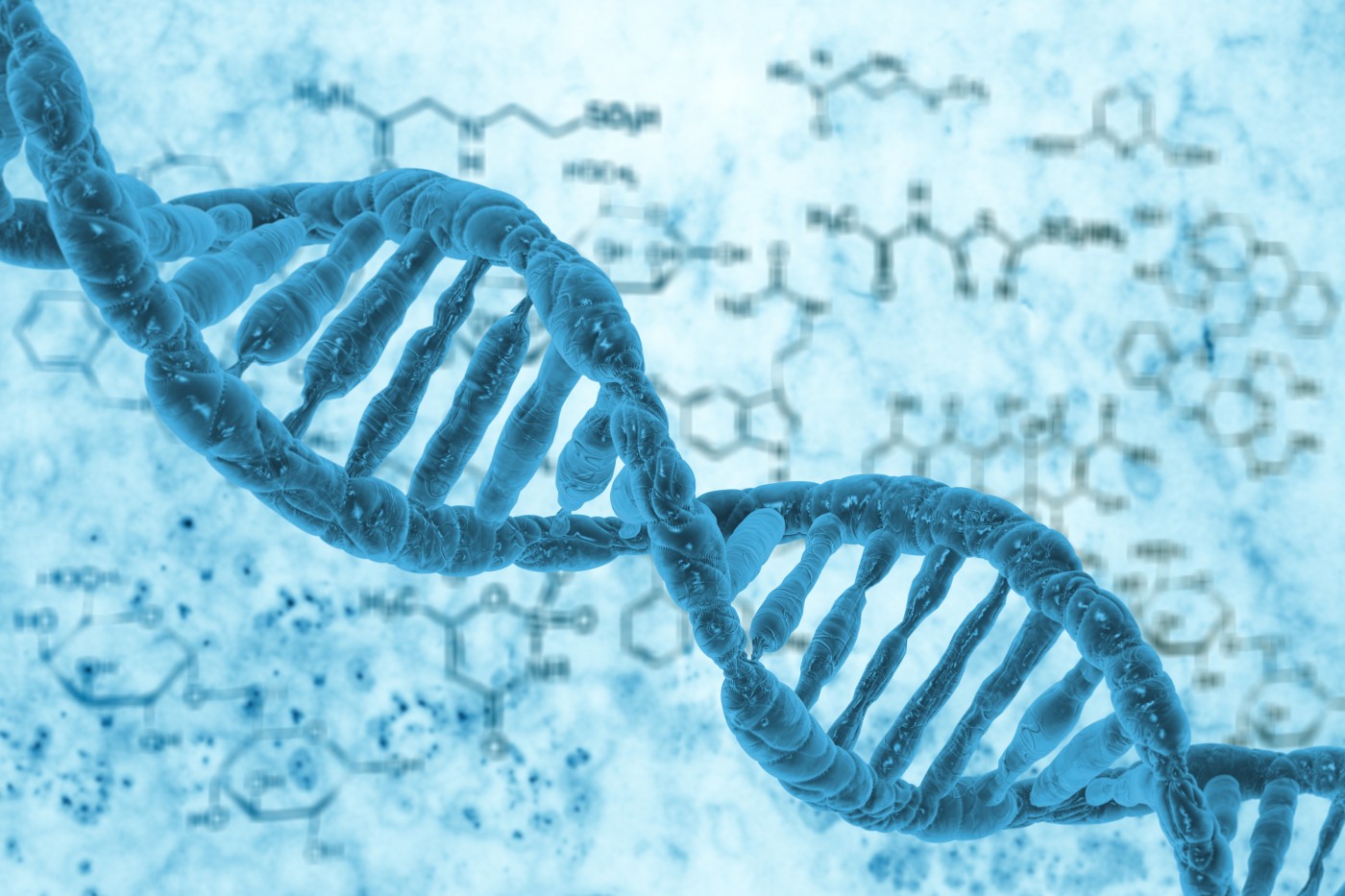NYU Langone Medical Center has discovered two inherited genetic markers that might predict melanoma survival and are associated with overall shorter survival in these patients in the years following treatment. The study, “The expression quantitative trait loci in immune pathways and their effect on cutaneous melanoma prognosis,” was published in Clinical Cancer Research.
The American Cancer Society regards skin cancer as the most common type of cancer. Melanoma, also called malignant melanoma or cutaneous melanoma, is a cancer that begins in the melanocytes — epidermal cells that produce the protective brown pigment melanin. According to the study, melanoma is present in only about 4 percent of skin cancers but accounts for 80 percent of skin cancer deaths. This high mortality makes it even more important to find tools to predict which patients at an earlier stage are at higher risk of death.
Despite improvements in melanoma treatment, the current risk assessment and stratification of patient tools are not specific enough to evaluate an accurate prognosis of individual patients.
To predict which inherited gene variants alter the survival outcome once patients are diagnosed with melanoma and after the tumor’s removal, researchers investigated the existence of genetic markers involved in the body’s immune response, since the key to melanoma’s progression is probably its ability to evade and suppress host defenses.
The team analyzed approximately 400 variants of a group of genes involved in immune regulation from a database with data from a large number of twins, the MuTHER (Multiple Tissue Human Expression Resource) project. These genes, which do not code for any functional protein, are part of the noncoding DNA that affects the activation and expression of other genes located nearby.
Researchers found two specific gene variants that showed significant association with melanoma survival. That prediction was even stronger when both gene variants were tested together. The combination of the two genetic markers appeared in about 60 percent of the human population and was associated with shorter survival in melanoma patients. The remaining 40 percent of patients, who had another genotype, survived longer — five more years, on average. The two variants, located in chromosome 1, were associated with decreased activation levels of interleukins IL-10 and IL-19, molecules essential for the regulation of the immune response.
“We strongly suspect that the genetic variants we identified impact balanced activation of these interleukins, which could play a major role in the progression of melanoma towards more aggressive, metastatic disease,” senior author Dr. Tomas Kirchhoff, assistant professor in the Department of Population Health at NYU Langone, said in a press release. “In turn, this imbalanced immunity determines, or modulates, melanoma survival.”
Researchers now plan to confirm these results in a larger population, and expect this discovery to lead to novel treatment approaches where patients with poorer survival outcomes could be treated with targeted therapies at earlier stages of the disease.


